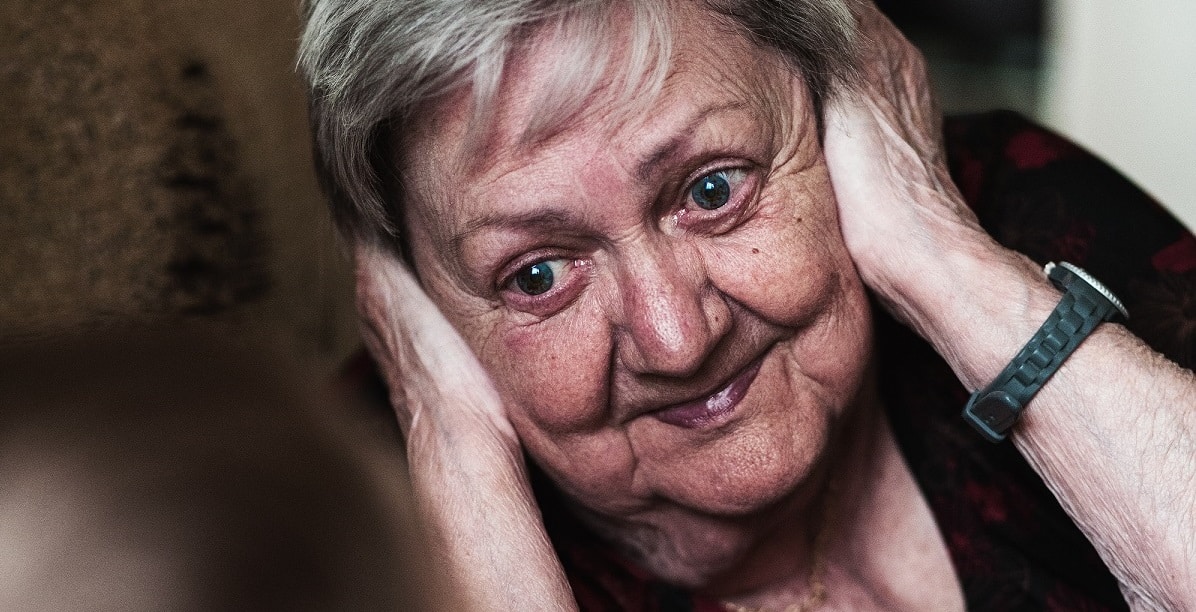
In March and June 2022, we replied to a consultation in regard to the Hague Convention on the International Protection of Adults, highlighting concerns in relation to the rights of older people and people with disability.
The European Commission launched a consultation to Non-Governmental Organisations (NGOs) with the objectives to identify the issues that arise in cross-border situations involving vulnerable adults in the EU and try to find solutions, including the potential adoption of a proposal on the cross-border protection of adults in the EU. There is currently no European Union legislation protecting the rights of vulnerable adults in cross-border situations.
The Hague Convention at a Glance
To date, the Hague Convention on the International Protection of Adults of 13 January 2000 has been ratified by 10 European countries. The Convention was created in reaction to demographic changes and an increase in international mobility.
Article 1 of the Convention defines vulnerable adults by adults who, by reason of an impairment or insufficiency of their personal faculties, are not in a position to protect their interests. These vulnerable adults face multiple and intersectional discriminations regarding age and disability. Protecting and fulfilling the human rights of vulnerable adults in cross-border situations by addressing civil judicial cooperation is essential.
The Convention seeks to better support vulnerable adults who cross borders within the European Union.
By ratifying the Convention on the Rights of Persons with Disabilities, the EU and member States are subjects to obligations in relation to the rights of persons with disabilities, including adopting legislation and administrative measures to promote the human rights of persons with disabilities, adopting legislative and other measures to abolish discrimination, protecting and promoting the rights of persons with disabilities in all policies and programmes. However, the Convention as it is does not protect, nor fulfil the human rights of older persons and persons with disabilities.
Inadequacy between the Hague Convention and the UN Convention on the Rights of Persons with Disabilities
The Hague Convention on the International Protection of Adults is not aligned with the Convention on the Rights of Persons with Disabilities, as the European Disability Forum explains it in its paper on Ensuring disability rights in civil judicial cooperation. The language that is used in the Convention rather leads to human rights violation than adequately fulfilling the rights of vulnerable adults in cross-border situations. Indeed, the words ‘measures’ and ‘measures of protection’ are too vague and do not offer protection of rights. Additionally, the term ‘guardianship’ is covering both voluntary and involuntary regimes, while involuntary regimes should be identified as human right violations.
In our consultations, we acknowledged that the differences between member states regarding the rules applying to the protection of vulnerable adults in cross-border cases is problematic. However, we raised our concerns that the Convention will rather continue and reinforce practices that are prohibited by the Convention on the Rights of Persons with Disabilities, notably in regard to guardianship, involuntary placement and treatment.
Instead, we recommended the following:
- The EU should develop measures to facilitate the abolishment of substituted decision-making in all EU Member States, as well as to end coercive treatment and placement, and develop supported decision-making regimes.
- The EU should issue guidelines for EU Member States on cross-border protection on “vulnerable adults” based on the CRPD.
- The EU should consult and involve organisations of persons with disabilities and older persons on issues of “vulnerable adults”.
If the issue of cross-border situations for persons of older age and persons with disabilities needs to be addressed, this must not be at the expanse of their human rights.
> Read our responses to the EU consultation on:
- the cross-border protection of vulnerable adults
- civil aspects of the cross-border protection of vulnerable adults
For more information, please contact Human Rights Officer, Apolline Parel at apolline.parel@age-platform.eu
photo (cropped) by William Krause on Unsplash






